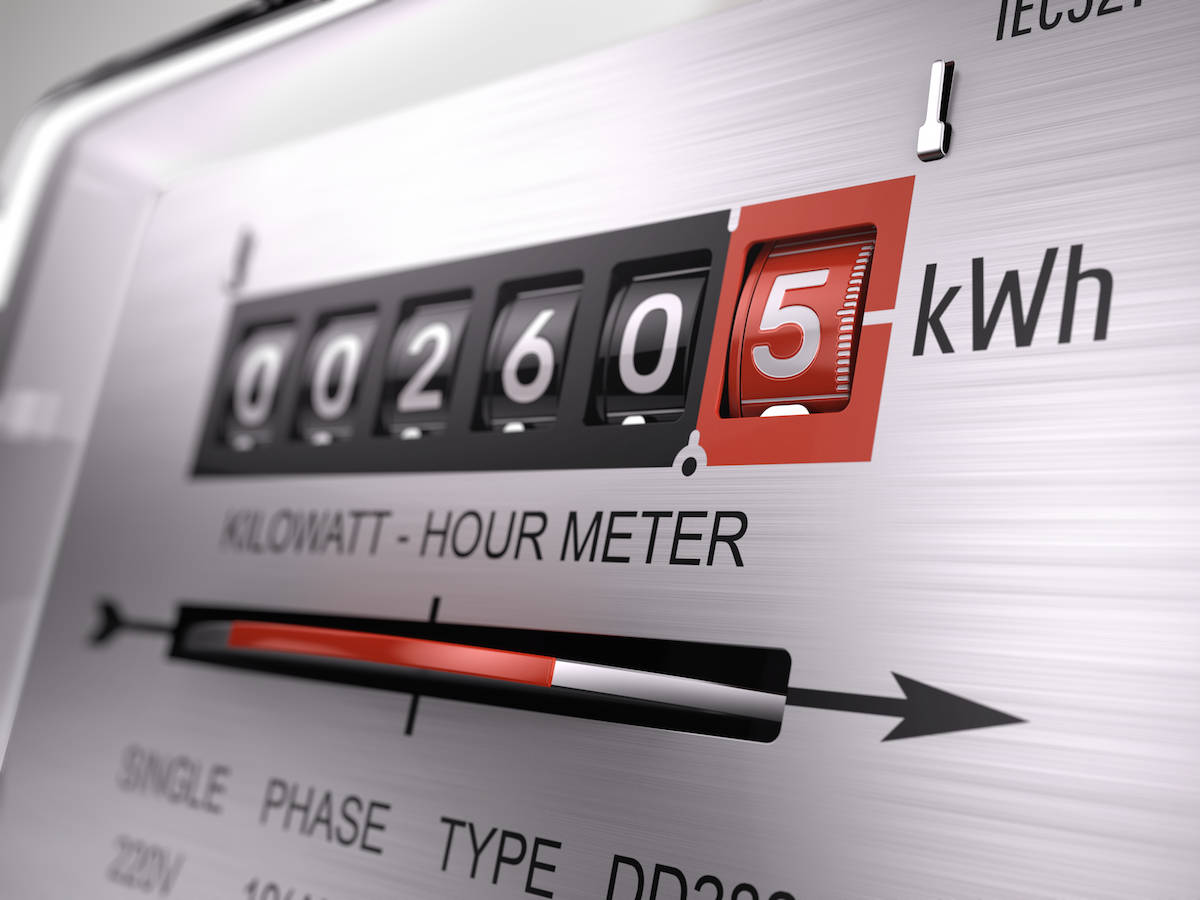

- #WATTS TO KILOWATTS HOW TO#
- #WATTS TO KILOWATTS MANUAL#
- #WATTS TO KILOWATTS DOWNLOAD#
- #WATTS TO KILOWATTS FREE#
Watt-Hour to Kilowatt-Hour Conversion Table For example, 1 kilowatt-hour can be written as 1 kWh, 1 kW The abbreviation kW h is also sometimes used. Kilowatt-hours are usually abbreviated as kWh, although the formally adopted expression is kW Kilowatt-hours are a measure of electrical work performed over a period of time, and are often used as a way of measuring energy usage by electric companies. If you’re an Opus Energy customer and you’re interested in getting a smart meter fitted at your premises, let us know here and we’ll take care of it.A kilowatt-hour is a measure of electrical energy equal to one kilowatt, or 1,000 watts, of power over a one hour period.
#WATTS TO KILOWATTS FREE#
Smart meters are available to Opus Energy customers free of charge.

What’s more, smart meters will help to create a cleaner and greener energy network for everyone by helping to facilitate a shift towards a smart grid which will better integrate renewable energy sources.

You’ll be able to see exactly how many kwh you’re using each month.
#WATTS TO KILOWATTS MANUAL#
With no need for manual meter reading, energy users get a simpler understanding, and better control, of their energy. Smart meters are making life easier for energy users. How smart meters take the stress out of energy
#WATTS TO KILOWATTS DOWNLOAD#
If you don’t want to do the maths manually, you can use this free calculator to work out how much your appliances cost you to run.įor more help understanding your bill, download our guide 'Your bill explained'. If you take 300 charges per year as an estimate, then the average smartphone costs… around 67p per year to charge. Formula: kilowatt hours (watts × hours) 1000 Abbreviated: kWh (W × hrs) 1000 Example For example, let's say you have a light fixture that uses one 60 W lightbulb, and you leave it on for 4 hours in the evening. First, multiply watts times hours, then divide by 1000. With the UK average of 15p per kWh, the equation is 0.015 (kWh) x 0.15(p) = 0.00225p per charge. Converting watts to kilowatt hours is easy. You then multiply your kWh figure by your unit rate to get the daily cost. The average smartphone, for example, uses a 5w (or 0.005kw) charger. To do so, you need to know how much power a device draws when plugged in. Using these formulae, we can work out how much it costs to power a device. That equation is: Power (kw) x Time (hours) = Energy Transferred (kWh) There is a simple equation which allows you to work out how much your energy consumption is costing you. Once you’ve wrapped your head around the energy units, you can multiply them by the energy requirements of a piece of equipment to work out how much that device is costing you. How understanding energy units can help you to understand your bill Ohms measures resistance, which slows down the flow of current (and helps to stop your lightbulb from blowing because of too much power all at once). These don’t play a part in your electricity bill, but are related to the current theme (get it?) Amps measure current, which is the flow of electricity, like measuring the flow of water in a river. In effect, the amount of power you draw from the grid is measured in watts and kilowatts, and kilowatt-hours (kWh) refer to the amount of power drawn for a length of time. If you have a 100-watt fridge, it would take 10 hours to reach 1 kWh of consumption. It would take 20 hours to rack up 1 kWh of energy consumption. It’s a measure of energy use over a length of time. This is how your energy is measured as it passes your meter. Watts and kilowatts (one thousand watts) are measures of electricity volume: how much electricity it takes to power something.įor customers, kWh will be the most familiar. Electricity use over time is measured in Watthours A Watthour (Wh) is equal to the energy of one Watt steadily supplied to, or taken from, an electric circuit for one hour. So, if you have a solar panel system, it might produce 1 mWh per month on average. One MW is 1,000 kW (or 1,000,000 Watts), and one GW is 1,000 MW (or 1,000,000,000 Watts). So for our example here we have 500 watts. The same applies to converting MWh and kWh. Once you know what 1 w is in kilowatts, you can simply multiply 0.001 by the total watts you want to calculate.
#WATTS TO KILOWATTS HOW TO#
Electricity and gas are both measured in watts (w), kilowatts (kw), and kilowatt-hours (kWh). How To Convert Megawatts To Kilowatts Because 1,000 kW 1 MW, you simply multiply MW by 1,000 to get kW. There are different units at play when it comes to working out your energy.


 0 kommentar(er)
0 kommentar(er)
